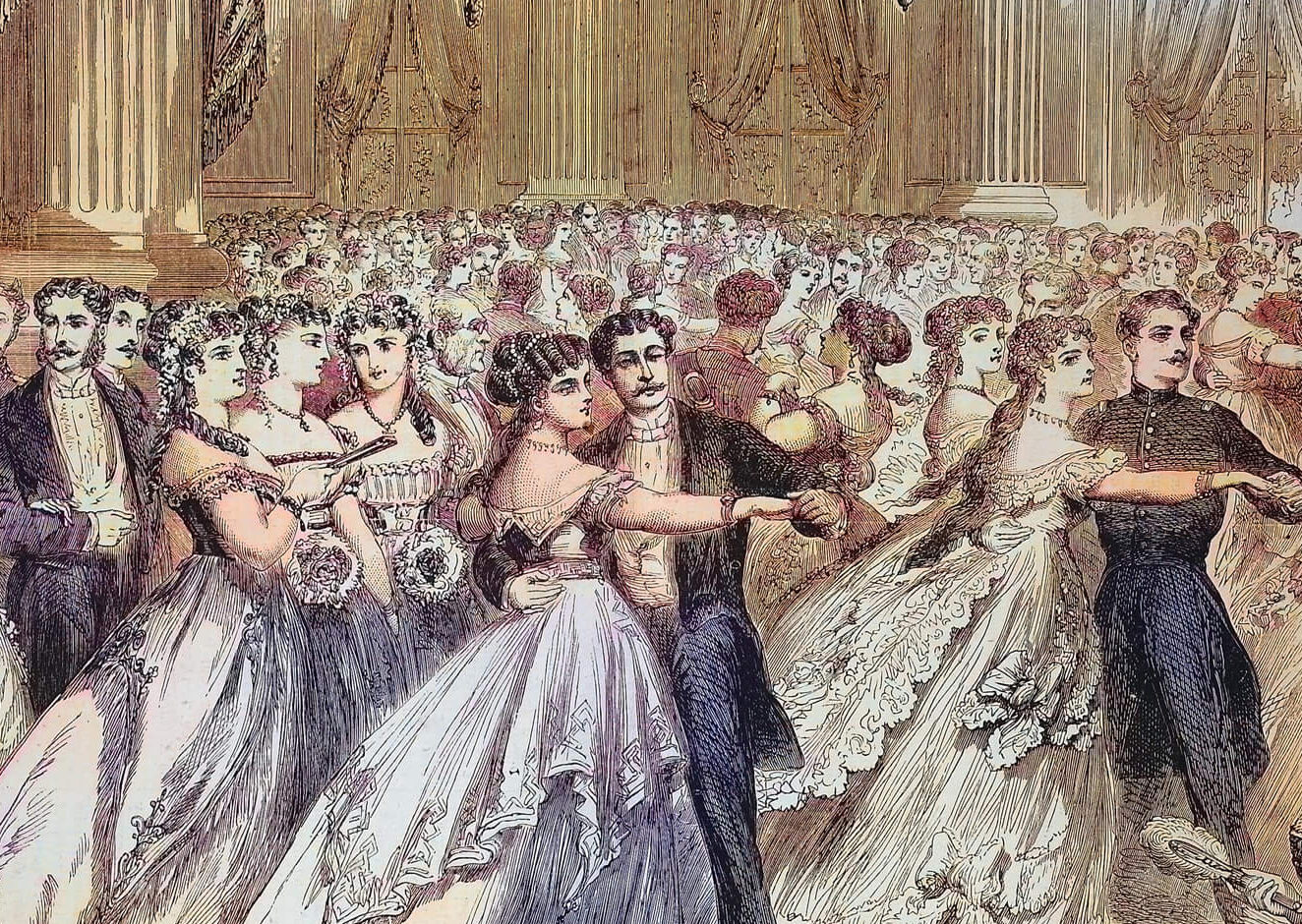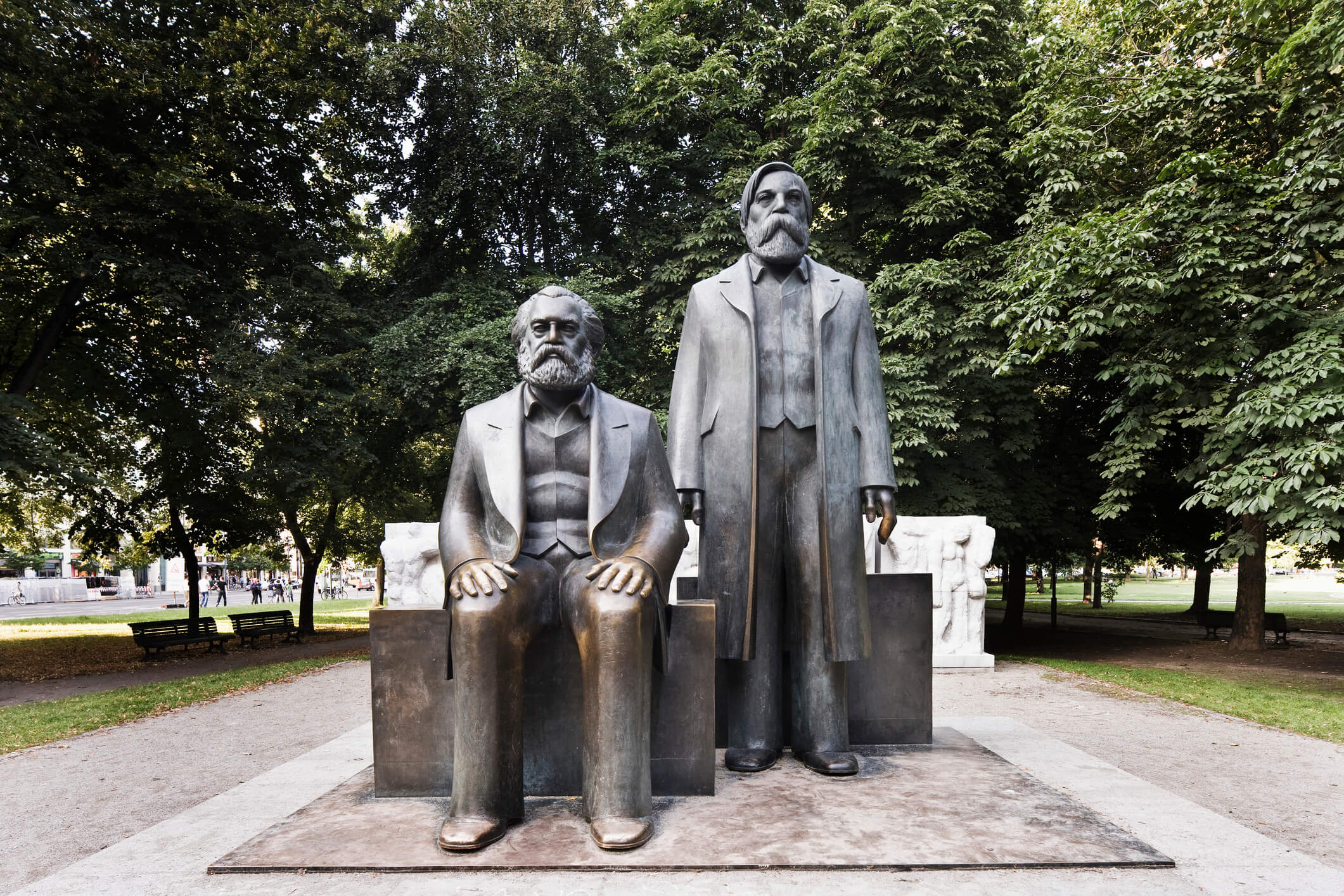The life and career of James Burnham defies easy categorization. Born in 1905 into an upper-middle class family, Burnham excelled in his studies at Princeton, became a philosophy professor, was radicalized by the Great Depression, helped organize a Trotskyite political party, broke with Marxism after the Nazi-Soviet Pact, joined the liberal anti-communist group of writers at Partisan Review, worked for the wartime Office of Strategic Services (OSS), wrote compelling socio-political and geopolitical books during World War II and the early years of the Cold War, broke with liberals over the issue of how to combat domestic communism, and finished his career writing for and editing the conservative journal of opinion National Review for twenty-three years. Throughout this intellectual odyssey from Trotskyism to National Review, Burnham eschewed ideology in favor of empiricism.
Experience and evidence are the hallmarks of empiricism. Burnham became a Marxist because in the late 1920s and early 1930s, he observed that capitalism was not working in the United States, but neither was Franklin Roosevelt’s New Deal, which was concentrating more power in the executive branch at the expense of Congress and empowering the state to directly intervene in the economic structure of the country. This, he wrote, was the road to fascism, not social democracy. Burnham’s work appeared in leftist and Marxist journals, including Symposium (which he co-edited with Philip Wheelwright), New Masses, The New Militant, and The New International.
But as the decade of the 1930s wore on, Burnham’s doubts about Marxism surfaced. This became more evident as war clouds gathered in Europe and Asia. As early as 1935, Burnham in a series of articles for The New Militant foresaw what he called a “world-wide war of the imperialist nations” that threatened “not merely suffering and death to vast millions, but the actual destruction of human civilization.” He had no faith in the League of Nations or the World Court; they were “stamping grounds where the great powers can jockey for the most advantageous position for the start of open conflict.” And he had no faith in Josef Stalin, who he claimed had betrayed the working class and would likely plunge the Soviet Union “into the abyss.” Stalin imprisoned his political opponents in “the most god-forsaken wastes of the Arctic,” and purged his perceived enemies in the Party using “show trials” and execution squads.
In the United States, Burnham wrote, FDR saw the approaching war as the solution to the nation’s economic crisis. The New Deal was being transformed into the “War Deal,” and FDR was the “chief War-Monger.” The coming war, Burnham predicted, would be a total war because “Directly or indirectly, everyone is part of the war machine,” and the warring nations would exhibit totalitarian tendencies (“war dictatorships”) that would outlast the war.
In May 1940, Burnham made his final break with political Marxism and in a letter explained the empirical reasons for doing so. He was leaving the Trotskyite party because “Experience, and further study and reflection” showed him that Marxian theory is disproved by history and “anthropological investigation.” Dialectical materialism, he wrote, is false. Marxist economics is “either false or obsolete or meaningless in application to contemporary economic phenomena.” Socialism is not inevitable and is not the only alternative to capitalism, he continued. Russia is not a worker’s state. Stalinism is comparable to fascism, and Leninism and Trotskyism are “incompatible with . . . genuine democracy.”
Burnham surveyed global events and concluded that all the major powers were affected by a transnational phenomenon he called the “managerial revolution” in an influential book with that as its title. In every major country, Burnham wrote, a struggle for power among elites was occurring and a class he called the “managers” were winning. The managers use the state to regulate and control economic, political, and social power. As the state grows in every country, so, too, does the power of the managerial class. The managers controlled the Communist Party in Russia, the Nazi Party in Germany, and the New Deal in the United States. World War II, Burnham noted, was increasing the role and power of the state and, thereby, the managerial class in each country. The managerial revolution in essence ushered in the era of the administrative or “deep” state.
There was also a geopolitical aspect to the managerial revolution, Burnham wrote. The world war would produce superpowers who would vie for global preeminence, and the United States would be one of those superpowers. He accurately foresaw that America would be the “receiver” of the British empire and that Eurasia would be the scene of postwar conflict. Burnham was beginning to view the world through the geopolitical lens of Sir Halford Mackinder, whose writings combined geography and history in the service of statecraft.
Burnham’s empiricism was also based on the writings of socio-political thinkers he called the “Machiavellians.” Burnham’s admirers, such as Samuel Francis, Brian Crozier, and Daniel Kelly, acknowledged that The Machiavellians is the key to Burnham’s political thought. There, he synthesized the ideas and concepts of Machiavelli, Gaetano Mosca, Georges Sorel, Robert Michels, and Vilfredo Pareto into what he called a “science of power.” Those writers, he explained, appealed not to sentiment or emotion but to facts and evidence and history to show how elites wielded political power. Democracy, Sorel wrote, was a myth. In every country, what Mosca called a “ruling class” controlled the levers of power—Michels called this the “iron law of oligarchy” and Pareto called it the “circulation of elites.” Burnham’s intellectual debt to the Machiavellians manifested itself in every subsequent book he wrote and in many of his National Review columns.
There was a war to win, however, and James Burnham joined the OSS, our wartime spy agency, as an analyst. In the spring of 1944, he wrote a paper that predicted the emerging Cold War between the United States and the Soviet Union. In the pages of Partisan Review, he portrayed the Soviet threat in Mackinderesque geopolitical terms, despite the fact that the Soviets were our wartime ally. In his subsequent Cold War trilogy—The Struggle for the World, The Coming Defeat of Communism, and Containment or Liberation?—he said that the “Third World War” began in the latter phase of World War II, as evidenced by communist resistance forces turning against non-communist forces in Greece, Yugoslavia, China, and elsewhere. The U.S.-Soviet conflict had both ideological and geopolitical components, and was a zero-sum struggle for global supremacy. The policy of containment, as explained by George F. Kennan in his famous “X” article in Foreign Affairs, Burnham wrote, was too defensive to defeat the Soviet empire. At most, containment would delay our defeat. One or the other side would eventually prevail, and Burnham set down what historian George Nash called a U.S. strategy for victory in the Cold War. It was that strategy, with some adjustments, that President Ronald Reagan used to win the Cold War.
Burnham’s empiricism also led to his final break with liberal colleagues—this time over the issue of domestic communism and what has since been called “McCarthyism.” Burnham took seriously the threat of communist infiltration of our government and social institutions. And here again Burnham used empirical evidence—in the form of witness testimony at trials and before congressional committees, and books by communist defectors such as Whittaker Chambers—to document what he called the “web of subversion.” Burnham showed that during the New Deal and the Second World War, communist agents and sympathizers spun a web of influence and espionage that reached the highest levels of government, including the Treasury Department (Harry Dexter White), the State Department (Alger Hiss), the White House Staff (Lauchlin Currie), the OSS (Duncan Lee), and many other agencies, under what he called the “careless scepter of Franklin Roosevelt.” The Truman administration was equally careless.
Estranged from liberals, Burnham began writing for the American Mercury and The Freeman. Eventually, he was welcomed into the conservative movement by William F. Buckley, Jr., who recruited him in 1955 to be a senior editor at his new magazine, National Review, where he became, in Buckley’s words, “the dominant intellectual influence in the development of this journal.” For the next twenty-three years, until he was sidelined by a stroke, Burnham wrote what was arguably the best column on global politics during that time period.
He titled his regular column “The Third World War,” hearkening back to the opening sentence of The Struggle for the World. Later, he changed the title to “The Protracted Conflict.” It was a running commentary on the events and personalities of the Cold War. And each column was informed by facts, evidence, and history. Burnham never abandoned his empiricism.
He also continued to write books. In 1959, Burnham wrote Congress and the American Tradition, which brilliantly explained the principles of the American founding and the evolution of the American political structure that he believed had strayed from our founding principles. Five years later, he wrote Suicide of the West, which relentlessly dissected modern liberalism and its role in the decline of Western civilization. That decline, he noted empirically, could be seen in a series of historical atlases which depicted the geographical contraction of the West since 1914. Liberalism, he wrote, is the “ideology of Western suicide.” It didn’t cause the contraction, Burnham explained, but it reconciled the West to its ultimate demise.
Suicide of the West was Burnham’s last book (other than a collection of columns titled The War We Are In). He devoted many of his columns to the Vietnam War, which he analyzed with his characteristic empiricism. We didn’t win that war, he wrote, because we were chained to the “strategic prison” of containment—we refused to invade North Vietnam and strike at the enemy’s center of gravity. Meanwhile, domestic liberals, who committed us to the war, turned against it and successfully transformed it into “Nixon’s war.” Burnham, ever the empiricist, saw through the Nixon administration’s “peace with honor” rhetoric and characterized the peace agreement as a delayed surrender.
Burnham didn’t live to see the collapse of the Soviet Union. He stopped writing his column in National Review in 1978, and he died two years before the Berlin Wall came down. His greatest intellectual legacy is our victory in the Cold War. But a close second is his empiricism. He has been claimed by some neoconservatives as one of their own. John Patrick Diggins chronicled Burnham’s intellectual journey from left to right. David Byrne, his most recent biographer, writes that there are two James Burnhams: “an embryonic neocon and a paleoconservative paragon.” Samuel Francis came closest to the truth when he described Burnham’s thought as derived from “observations of human experience in history and from prudential, circumstantially based inductions from history.” But, as usual, James Burnham said it best: “[O]nly by renouncing all ideology can we begin to see the world and man.”















